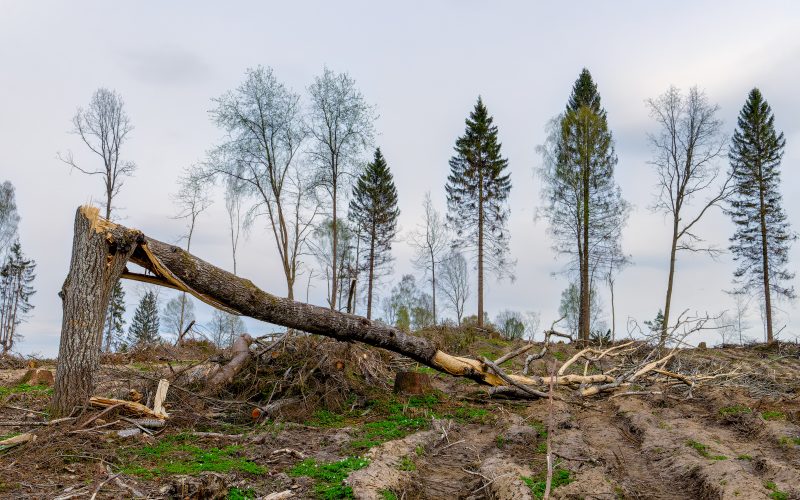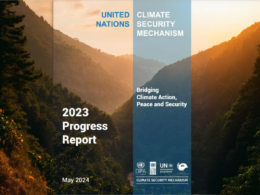CTrees, a nonprofit organisation that tracks carbon in every tree on the planet, has released new global data revealing how and where climate change has intensified forest loss in 2023. The findings, spanning data from 2000 to 2023, are published on the open data platform Jurisdictional MRV (JMRV), the only dataset providing annual global mapping of land carbon changes for 263 countries and territories. The report includes insights into forest area, carbon stocks, and emissions and removals caused by land use changes, offering a comprehensive view of how the land sector is responding to both human activities and climate stressors.
The report reveals mixed progress in addressing deforestation. In tropical regions, emissions from deforestation declined by 15% between 2022 and 2023, driven by significant progress in the Amazon Basin, where emissions dropped by 28%, and in the Congo Basin, which recorded an 18% reduction. However, the gains were offset by a sharp reversal in Indonesia, where deforestation emissions surged by 37% in 2023, erasing years of progress since 2015. This spike highlights the ongoing challenge of combating deforestation in the tropics, which remains a major contributor to global emissions.
In the Northern Hemisphere, forest loss and fires continued to generate high emissions with little sign of improvement. Canada, in particular, experienced record-breaking wildfires in 2023 that burned over 15 million hectares—an area larger than England—and produced approximately 1.2 billion metric tons of CO₂e emissions due to the loss of live biomass. These fires, exacerbated by warming and drying conditions, illustrate the growing vulnerability of northern forests to climate change.
The report also highlights a concerning decline in the planet’s global land sink—the ability of forests and other ecosystems to absorb carbon from the atmosphere. This weakening is driven by extensive forest fires, tree mortality, and slowed forest recovery caused by rising temperatures and frequent droughts.
Sassan Saatchi, CTrees’ co-founder and CEO said, “Natural carbon sinks are vital to remove emissions from the atmosphere each year, but forests and other ecosystems on land are losing this crucial capacity due to both direct and indirect human pressures. Deforestation and degradation, as direct impacts show no boundaries, affecting tropical, temperate, and boreal forests alike. Rising temperature and frequent droughts intensify these impacts, driving large-scale fires and tree mortality, that further weaken the planet’s land carbon sink. While there are encouraging signs of progress, world leaders must prioritise robust policies and financial commitments to protect and restore forest and non-forest ecosystems.”




















